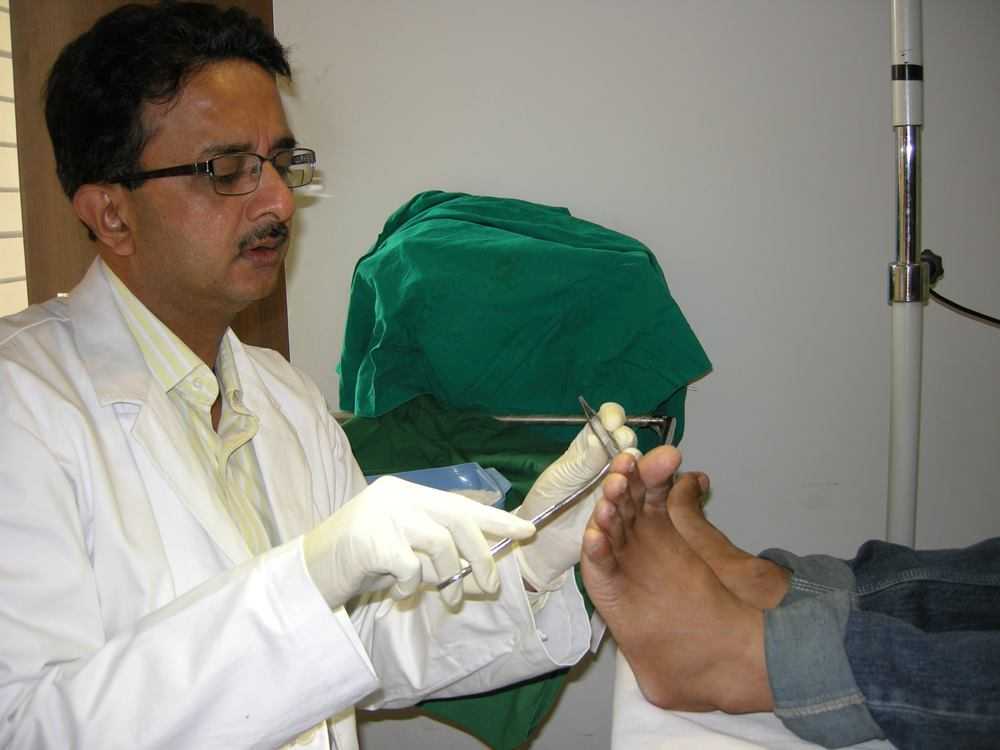Scheme 54, Indore – 452010 +91-731-2443344

Foot care
- Podiatric Examination:
- A podiatrist, a healthcare professional specializing in foot and ankle care, may perform a comprehensive examination of the feet. This can include assessing the skin, nails, and overall foot structure.
- Blood Flow Assessment:
- For individuals with diabetes or vascular conditions, blood flow to the feet is crucial. Tests such as ankle-brachial index (ABI) or Doppler ultrasound may be used to evaluate circulation.
- Neurological Assessment:
- Neuropathy, or nerve damage, is common in conditions like diabetes. Tests such as monofilament testing or nerve conduction studies may be used to assess nerve function in the feet.
- X-rays and Imaging:
- In cases of injuries, deformities, or chronic conditions affecting the bones and joints of the feet, X-rays or other imaging studies (MRI, CT scans) may be ordered for a more detailed assessment.
- Foot Pressure Analysis:
- Pressure mapping or pedobarography can be used to analyze how weight is distributed across the feet while standing or walking. This can help identify areas of excessive pressure and potential problems.
- Gait Analysis:
- Assessing how a person walks (gait analysis) can provide insights into biomechanical issues and conditions affecting the feet, ankles, knees, and hips. This is often done visually and may involve computerized gait analysis systems.
- Skin and Nail Tests:
- Tests may involve examining the skin for signs of infections, calluses, or ulcers. Nail tests can include cultures for fungal infections or examination for signs of ingrown toenails.
- Orthopedic Footwear Assessment:
- Individuals with certain foot conditions may benefit from custom orthotic inserts or specialized footwear. A podiatrist may assess the need for such interventions.
